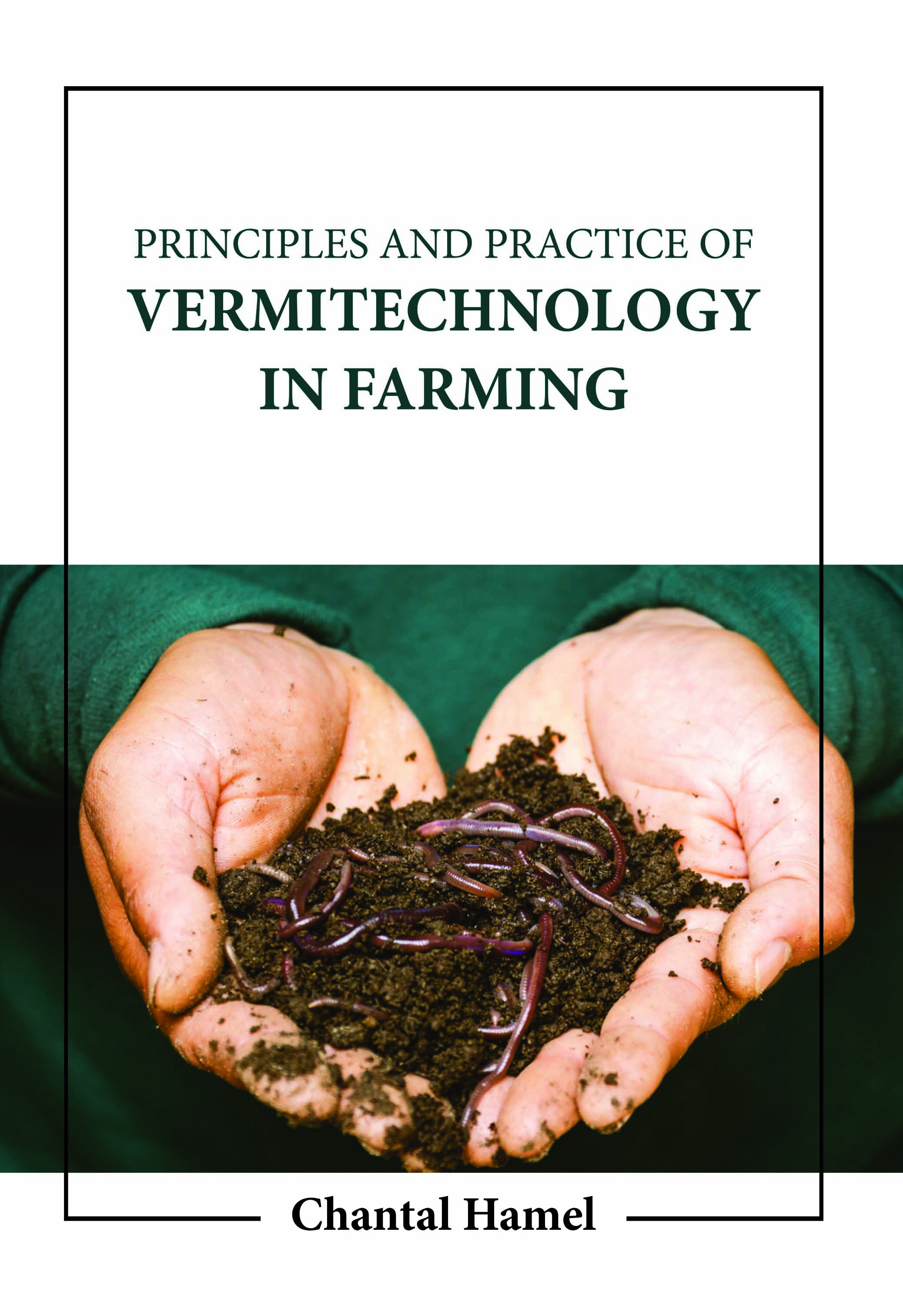
Principles and Practice of Vermitechnology in Farming
by Chantal Hamel
| ISBN | 9781806246229 |
|---|---|
| Publisher | Digital Drive Learning |
| Copyright Year | 2026 |
| Price | $256.00 |

by Chantal Hamel
| ISBN | 9781806246229 |
|---|---|
| Publisher | Digital Drive Learning |
| Copyright Year | 2026 |
| Price | $256.00 |
Vermicomposting is a unique process that occurs in earthworm's gut to convert organic wastes into organic fertilizer or vermicompost by using joint action of earthworms and microorganisms. Likewise, conventional composting, vermicomposting is an aerobic process that required the presence of oxygen. The process is natural, emits little or no odor, and only involved mesophilic phase as compared with conventional composting that requires thermophilic and mesophilic phases. Vermicomposting pits are mainly used by farmers. These farmers dig a large hole that serves the purpose of burying worms and organic waste material. Pits made for vermicomposting are usually 1 m deep and 1.5 ms wide. his method can allow some worms to escape into the soil; hence precaution has to be taken by lining the pit before adding the worms and the bedding into the pit. Vermicomposting is an earthworm-mediated degradation process. It results in a peat-like cast with high water retention capacity and nutrient-rich substrates. Earthworm gut plays a vital role in the process of nutrient solubilization, bioremediation, and fortification of the beneficial microbe population. This book “Principles and Practice of Vermitechnology in Farming” guides readers on the cultivation of earthworms, vermicomposts, and the use of earthworm excreta for effective implementation of vermicomposting.